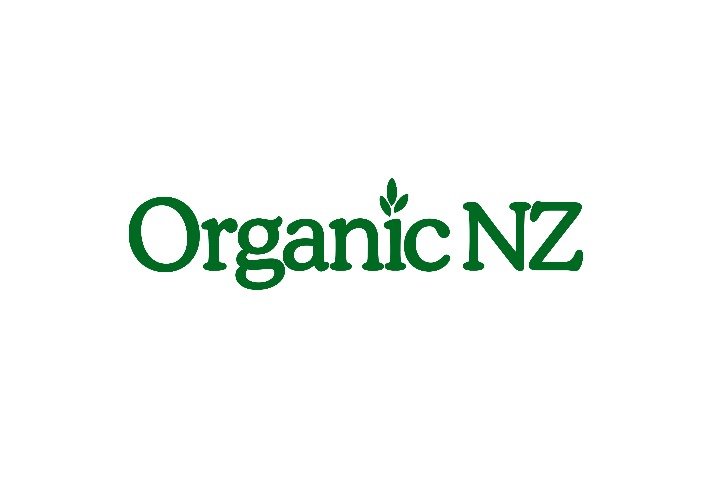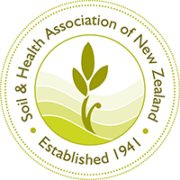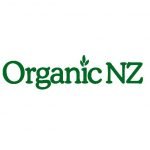Moves to send complementary health control offshore
Late one night in December the Government finally tabled legislation intended to make a reality of its proposal to base control of New Zealand complementary health in Australia, under a trans-Tasman Therapeutic Products Agency (ANZTPA).
The move had been blocked for three years by widespread opposition on this side of the Tasman. There are two main concerns.
Alternative health groups say it would hand control of the New Zealand complementary health sector to an off-shore body, set up under Australian law, based in Canberra, and dominated by Australians. It has been suggested that under the current proposal all but seven percent of the agency’s staff would be Australian.
The other point of contention is that the new regime would regulate low risk, traditional remedies and dietary supplements as if they were drugs – effectively delivering the entire sector over to the pharmaceutical industry, who can afford the high cost clinical trials and licensing requirements.
This is despite the absence of any demonstrated risk to consumers health (See “What’s the risk?” below) Opponents say compliance costs under the regime in place in Australia have rocketed at 15 percent or more per year (28 percent last year by some accounts), and small companies are being driven out of business.
The trans-Tasman move has been in limbo as the Government’s plans failed to win support from any of the other political parties in Parliament.
The bill was finally introduced only after tinkering to enable NZ First to backtrack on Winston Peters’ categorical assertion that his MPs had stopped the move. (Little over a month earlier Peters had told National Radio, “For those people that believe in natural medicines, they have stopped the therapeutic bill that would have included all natural medicines being run by a trans Tasman agency. That’s stopped.”)
However, as we prepare for printing, it appears NZ First has changed sides, and the 494 page Therapeutic Products and Medicines Bill is set to have its first reading in Parliament, with groups on both sides of the debate expecting it to pass to the next stage.
United Future leader Peter Dunne has also backed the compromise deal. National, Act, the Maori and Green parties all remain opposed.
The key changes to the original proposal appear to be a five year transition phase during which the taxpayer will subsidise steep annual charges for licensing health products under the new regime.
Natural health products will initially be exempt it seems, but will be able to be brought under the legislation later without further scrutiny by Parliament.
The NZ Health Trust, lobby group for small complementary health providers says tabling of the bill came without prior warning to other parties in Parliament. “We can only take from that that the Government knows full well how strong the public opposition to this plan is and are hoping to get it through at a time when everyone is already busy and before too many people really notice what is happening.
NZHT says it’s important to remember what this fight is about. “It’s about ensuring NZ has a system of health laws that focus on the best interest of consumers, not the protection of off-shore corporate interests.
NZ Health Trust research earlier this year showed 62 percent of New Zealanders used natural health products. “This is not about the industry not wanting regulation, we have always supported a sensible NZ based system of regulation specific to natural products,” the Trust says. “This is not about enhancing consumer safety – there is no evidence that this system in Australia has made the public any safer, in fact quite the reverse.”
NZHT is calling on people to phone NZ First MPs and explain “how strongly you feel about this issue and asking them not to support ANZTPA under any terms that include natural products.”
“We cannot stand back and do nothing while the Government looks to impose schemes on us so clearly detrimental to NZ that Select Committees have twice rejected it.”
How widespread is the opposition?
Response to earlier requests to email MPs over the proposed trans-Tasman controls was so strong that within a few hours Parliament’s server had crashed. Some MPs complained about the number of emails they were getting, but the NZ Health Trust that called for the email campaign says “whether they like it or not, that is the voice of democracy in action and if the people who they represent want to tell them how strongly they feel about stopping ANZTPA then they should have every right to do so.”
The Trust’s David Sloan says that over the last few weeks of November the activity behind the scenes on this issue was frantic “but as usual the Government and Medsafe were only consulting with their supporters.”
Meetings are reported to have included representatives from large companies like Healtheries, Nutralife and Alaron, but excluded the NZ Health Trust or any of the companies that have been strong in opposing the joint agency.
“The package will be presented as if natural health products are not included, trying to look as if she [lead Minister, Annette King] has given the opponents of this scheme what they wanted. That is not true,” says Sloan.
“The scheme is still pharmaceutically based and in our view, pharmaceutically biased, and there is no increase in consumer safety as a result. If a scheme doesn’t make the public any safer then what justification can there be for it?
It appears that by the time ONZ hits the streets, the Bill will have been referred to a Select Committee for consideration. Which Committee is as yet unknown but the NZ Health Trust says, “in another act of manipulation… Government has decided that this is no longer a health matter … and will instead send it to a select committee on which they control a majority of the members, to ensure they finally get a select committee obedient enough to give the Government the report it wants.”
“Like everything else in relation to this matter, the decisions and timeframes are all being designed to suit the Government and kept behind closed doors until the last possible moment to avoid public scrutiny of their indefendable actions (sic).”
What’s the risk?
Ron Law is an independent risk and policy analyst and former clinical biochemistry lecturer, who was a Health Ministry appointee to a government working group on strategies for reducing medical error in New Zealand’s healthcare system. He is also a former executive director of the New Zealand Nutritional Foods Association.
Ron offers the following overview of risks related to natural health products, published on the website:www.laleva.cc/petizione/english/ronlaw_eng.html
* Over 26,000 times more people die from preventable medical misadventure and regulated, properly prescribed and properly used drugs than from dietary supplements.
* Regulated, prescribed and properly used drugs are the fourth most common cause of death. Forty six people die every day from aspirin alone in the USA.
* Avoidable medical misadventure is the sixth most common cause of death. In Australia, 9,000 people die every year from avoidable medical misadventure, and 50,000 people are maimed.
* In the US. food poisoning and adverse reactions cause 5,000–9,000 deaths per year. Dietary supplements average fewer than five.
* There have been no deaths known to be caused by dietary supplements in NZ.
* Dietary supplements are consumed by over 50 percent of the population in both the USA and New Zealand (Source, NIH/MOH).
* You are more likely to die from a bee sting, sports injury, lightning, animal bite, horse riding, or radon gas exposure than from taking a health supplement.
The Government view
Minister Annette King’s press release on the ANZTPA Bill’s introduction claims “a significant step towards better protecting the health and safety of consumers”.
In relation to natural health products it says “the joint scheme will require all therapeutic products to undergo pre-market safety approval and licensing and post market surveillance and monitoring.”
Among reasons identified for the move are “minimal regulation of medical devices and complementary medicines in New Zealand, which is out of step with international best practice and this has led to therapeutic products being excluded from the trans-Tasman trade agreement.”
The Agency would be charged with “regulating the pre and post-market safety and quality of therapeutic products, including complementary medicines such as herbal and traditional medicines, homoeopathic medicines and aromatherapy products, vitamins, minerals and dietary and nutritional supplements.”



